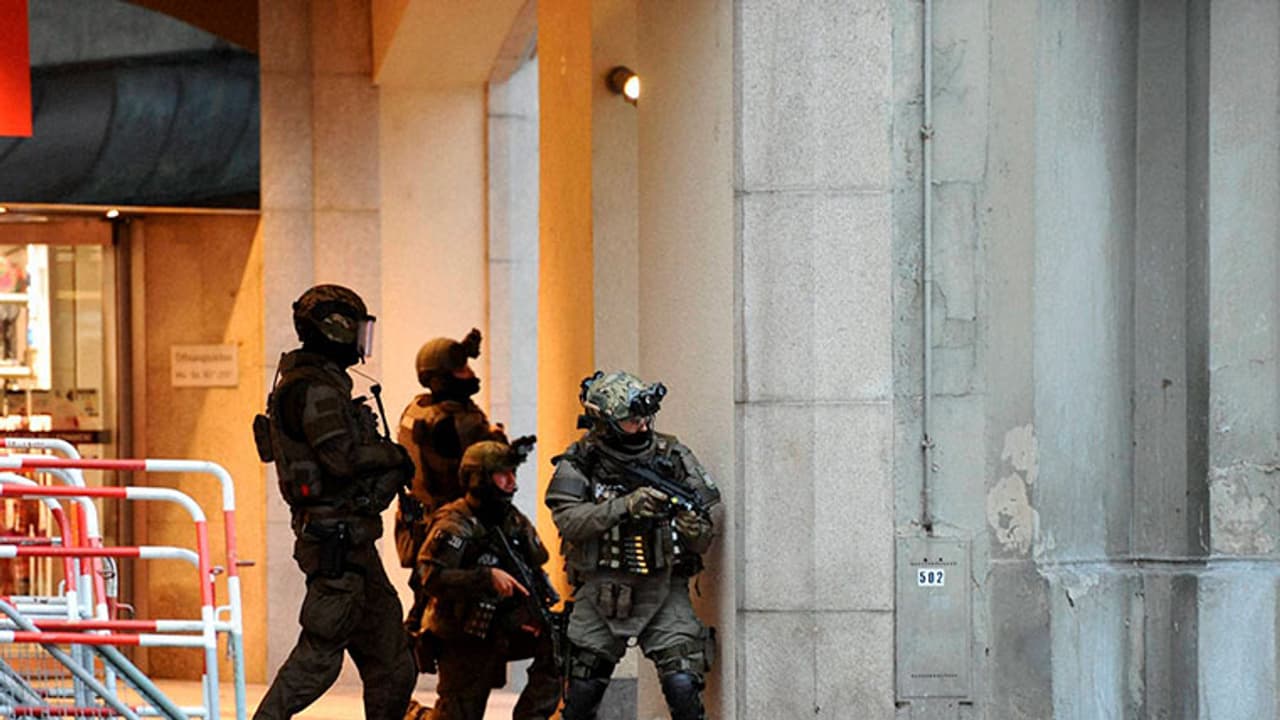If reports about Islamic State’s terror strategy is correct, then it is going according to plan; strike everywhere and at shorter intervals than before. From nightclubs to restaurants to concert halls, promenades, malls and even schools and town squares. Though the European media was quick to caption the Munich killings as ‘Europe stunned again’, the fact is that from Paris to Brussels to Orlando to Dhaka, Baghdad, Nice, Istanbul and Munich people are being killed either by motivated groups or lone wolves. Incidentally, Friday was the fifth anniversary of the massacre by Anders Behring Breivik in Norway.

In a state of desperation, France and Turkey have declared emergencies. But what does ‘emergency’ really mean for the citizen?
For example, according to Upturned lives: The Disproportionate Impact of France’s State of Emergency, an Amnesty International report, published after last year’s Paris attacks, citizens reported that "harsh measures were applied with little or no explanation and sometimes excessive force." Even before Turkey declared emergency, widespread purges saw arrest and sacking of 60,000 soldiers, police, judges, teachers and civil servants. The government suspended and fired thousands of teachers even banning people from leaving the country.
France has extended the state of Emergency after Nice and Turkey has declared it giving France’s example. Given the nature of global terror, it appears unlikely that the emergency will ever be lifted. States of emergency have a shameful history of ushering in tyrannical regimes.
In the book Terror by Consent: The Modern State and the Breach of the Social Contract, Lori J. Underwood, in the chapter ‘Illegitimate Responses to Terrorism’, refers to an early connection between terrorism and exercise of power.
In 67 BC, in response to what would now be described as a ‘terrorist attack’ on the port of Ostia, Rome enacted the Lex Gabinia. With this controversial law – and in spite of the fact that the extent and nature of the threat against Rome were questionable – Pompeius Magnus (Pompey the Great) was made the supreme naval commander and given general control over the Roman Empire.
The treasury hoped he would defeat the pirate forces that threatened sea trade across the Empire. Pompey exceeded expectations: in three months, the pirates of the Mediterranean were neutralised. But the power vested in Pompey was never taken back, and he used it to set up puppet regimes in the Middle East that made him wealthy and the region unstable. Moreover, piracy in the Mediterranean returned within a few years.
The passing of the Lex Gabinia was a key development in the transition of Roman governance from democracy to dictatorship. The political machinations of the ancient world have eerie parallels with those in more modern times. In the early years after the French Revolution, France was reeling from civil war, war with several neighbouring countries and shortages of basic foodstuff.
Continuing unrest among peasants and the urban poor – fuelled as much by skyrocketing food prices and poverty as by ideological concerns – threatened civil society. Rioting periodically erupted in Paris. To bring about stable government, the National Convention created the Committee of Public Safety in April 1793, which was granted new and expansive powers. Terror was formally instituted as a policy by a series of proclamations in September 1793, one of which read ‘Terror is the order of the day’. Ironically today France
Led by the charismatic Maximilien Robespierre – who declared that ‘terror is nothing other than justice, prompt, severe (and) inflexible’ – the subsequent Reign of Terror claimed tens of thousands of lives. In less than eleven months, 16,594 citizens were executed by the guillotine, and some 25,000 were killed in summary executions or State-sanctioned killings that were little more than acts of organized savagery and mass murder.
In the later stages of the Reign of Terror, the legal requirement for a proper trial with witnesses was revoked, and citizens were sent to the guillotine after a summary examination by a tribunal. The Reign of Terror only ended with the execution of Robespierre himself.
Kishalay Bhattacharjee is a senior journalist and author. His most recent book is Blood on my Hands: Confessions of Staged Encounters (Harper Collins 2015). The views expressed here are his own.
